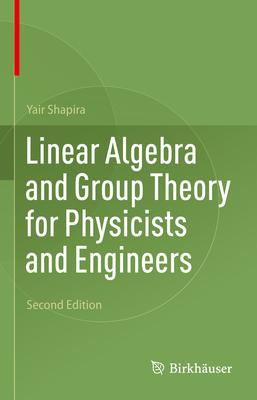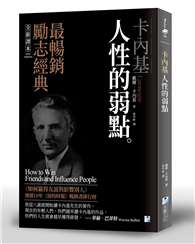This textbook demonstrates the strong interconnections between linear algebra and group theory by presenting them simultaneously, a pedagogical strategy ideal for an interdisciplinary audience. Being approached together at the same time, these two topics complete one another, allowing students to attain a deeper understanding of both subjects. The opening chapters introduce linear algebra with applications to mechanics and statistics, followed by group theory with applications to projective geometry. Then, high-order finite elements are presented to design a regular mesh and assemble the stiffness and mass matrices in advanced applications in quantum chemistry and general relativity.
This text is ideal for undergraduates majoring in engineering, physics, chemistry, computer science, or applied mathematics. It is mostly self-contained--readers should only be familiar with elementary calculus. There are numerous exercises, with hints or full solutions provided. A series of roadmaps are also provided to help instructors choose the optimal teaching approach for their discipline.
The second edition has been revised and updated throughout and includes new material on the Jordan form, the Hermitian matrix and its eigenbasis, and applications in numerical relativity and electromagnetics.
| FindBook |
有 1 項符合
Linear Algebra and Group Theory for Physicists and Engineers的圖書 |
 |
Linear Algebra and Group Theory for Physicists and Engineers 作者:Shapira 出版社:Birkhauser 出版日期:2023-01-17 語言:英文 規格:精裝 / 500頁 / 普通級/ 初版 |
| 圖書館借閱 |
| 國家圖書館 | 全國圖書書目資訊網 | 國立公共資訊圖書館 | 電子書服務平台 | MetaCat 跨館整合查詢 |
| 臺北市立圖書館 | 新北市立圖書館 | 基隆市公共圖書館 | 桃園市立圖書館 | 新竹縣公共圖書館 |
| 苗栗縣立圖書館 | 臺中市立圖書館 | 彰化縣公共圖書館 | 南投縣文化局 | 雲林縣公共圖書館 |
| 嘉義縣圖書館 | 臺南市立圖書館 | 高雄市立圖書館 | 屏東縣公共圖書館 | 宜蘭縣公共圖書館 |
| 花蓮縣文化局 | 臺東縣文化處 |
|
|
圖書介紹 - 資料來源:博客來 評分:
圖書名稱:Linear Algebra and Group Theory for Physicists and Engineers
內容簡介
Approximation and Regularisation Methods for Operator-Functional Equations
A Mathematical Tour
Convexity and Its Applications in Discrete and Continuous Optimization
Homotopy Theory of Enriched Mackey Functors: Closed Multicategories, Permutative Enrichments, and Algebraic Foundations for Spectral Mackey Functors
Higher Dimensional Algebraic Geometry: A Volume in Honor of V. V. Shokurov
Primal Heuristics in Integer Programming
Primal Heuristics in Integer Programming
Abstract Chiral Polytopes
Die Aufschließung von Differentialinvarianten
Back to Statistics: Tail-Aware Control Performance Assessment
A Mathematical Tour
Convexity and Its Applications in Discrete and Continuous Optimization
Homotopy Theory of Enriched Mackey Functors: Closed Multicategories, Permutative Enrichments, and Algebraic Foundations for Spectral Mackey Functors
Higher Dimensional Algebraic Geometry: A Volume in Honor of V. V. Shokurov
Primal Heuristics in Integer Programming
Primal Heuristics in Integer Programming
Abstract Chiral Polytopes
Die Aufschließung von Differentialinvarianten
Back to Statistics: Tail-Aware Control Performance Assessment
|











